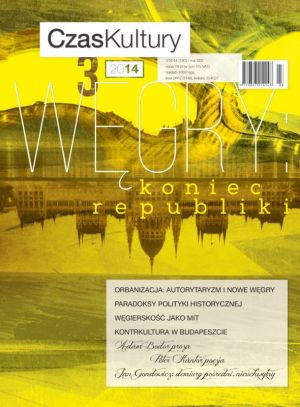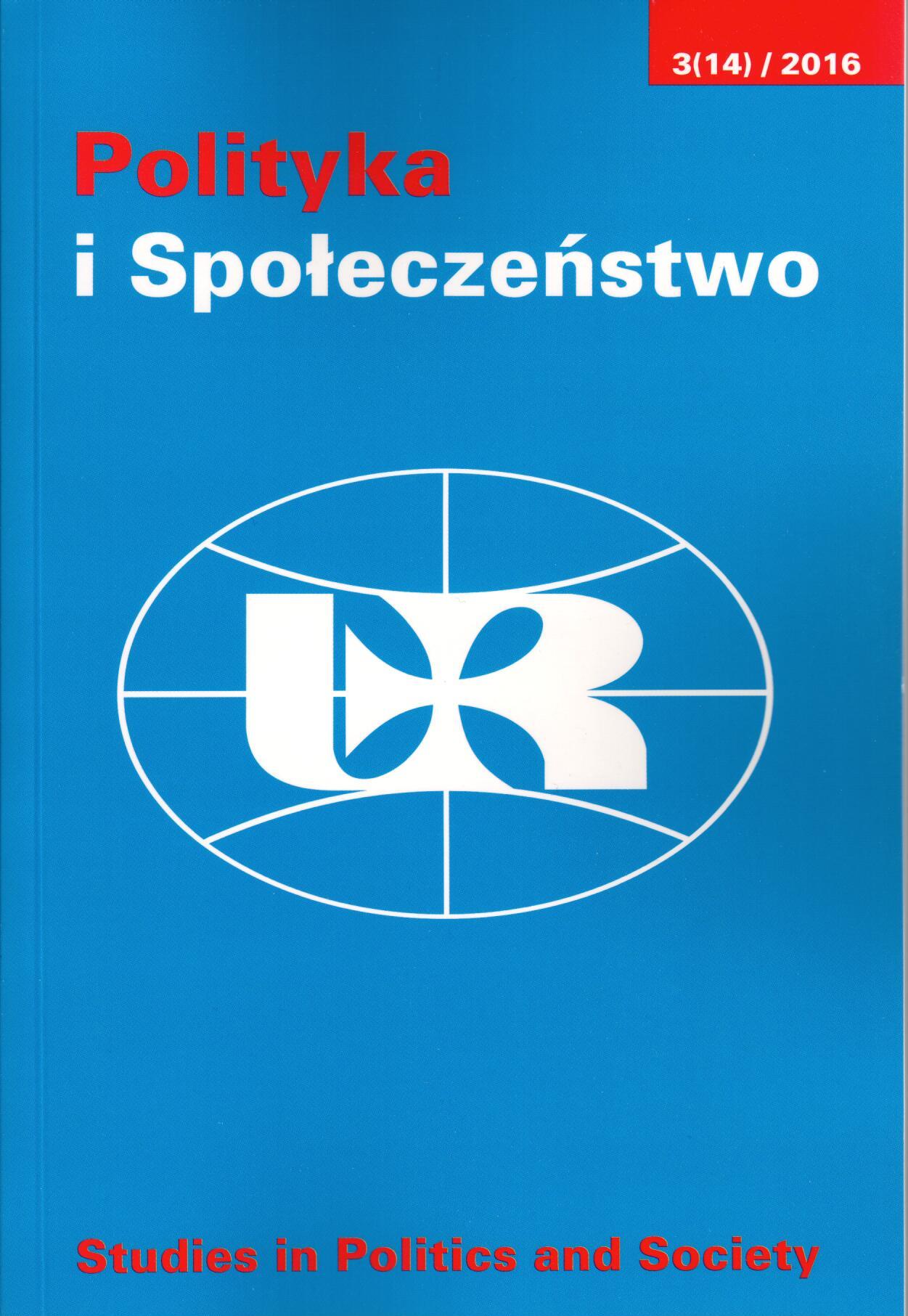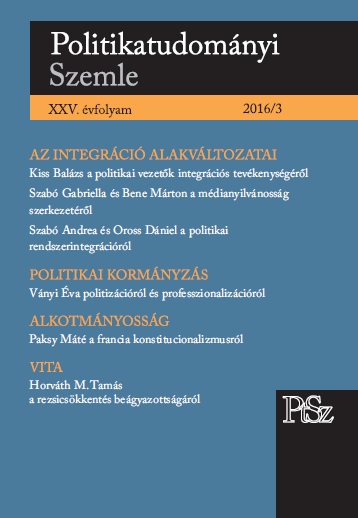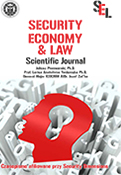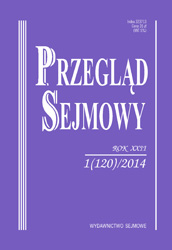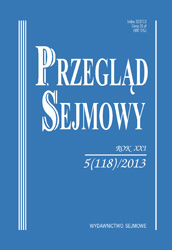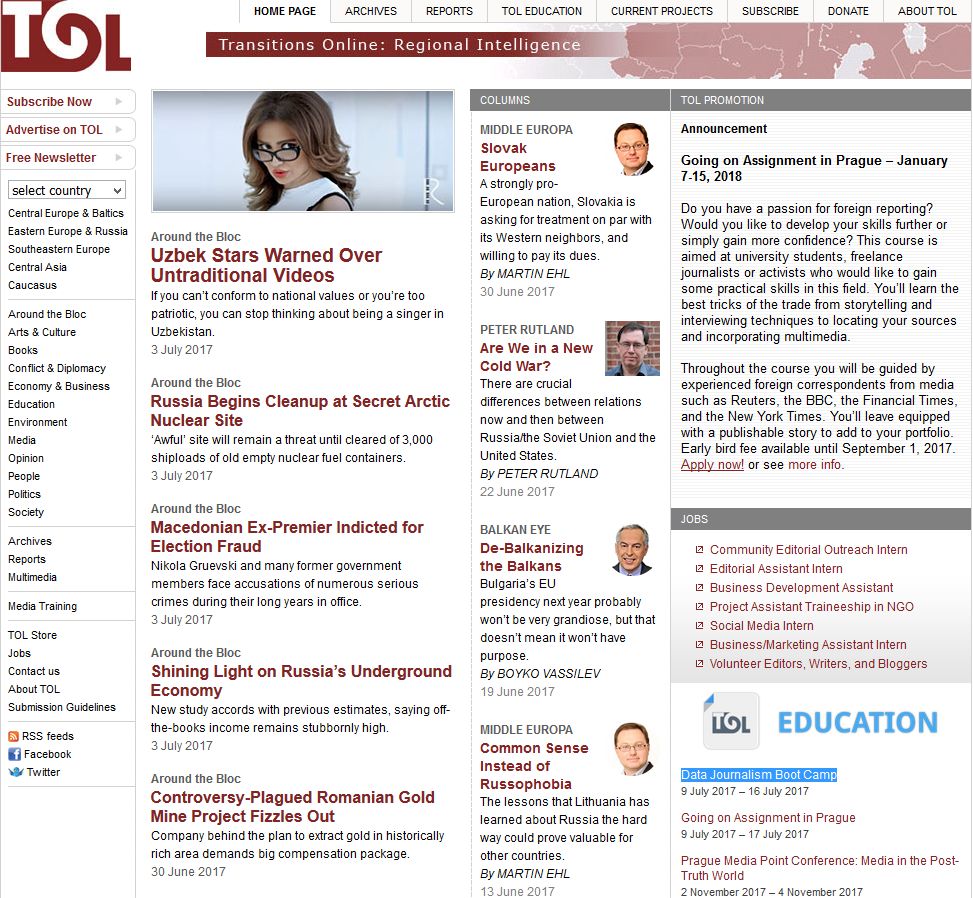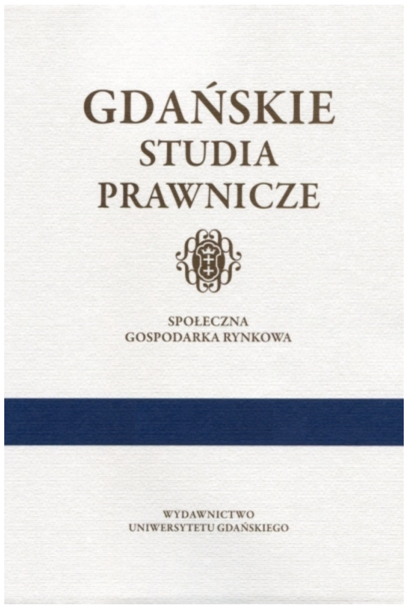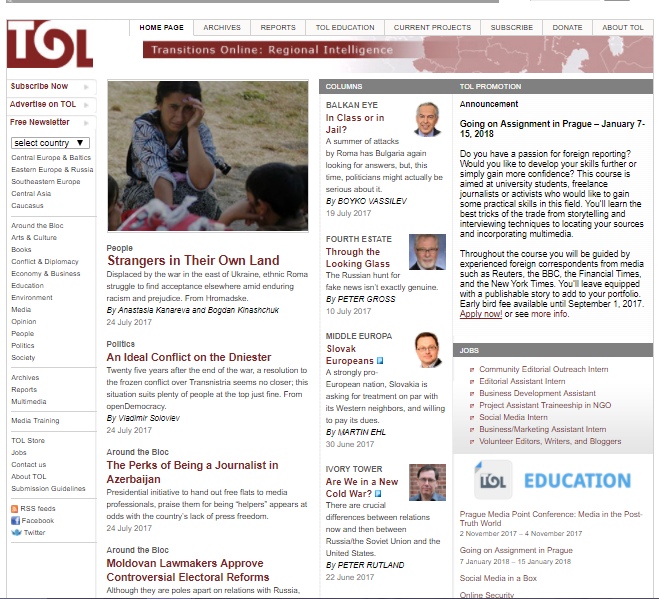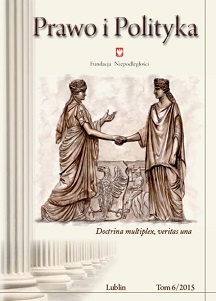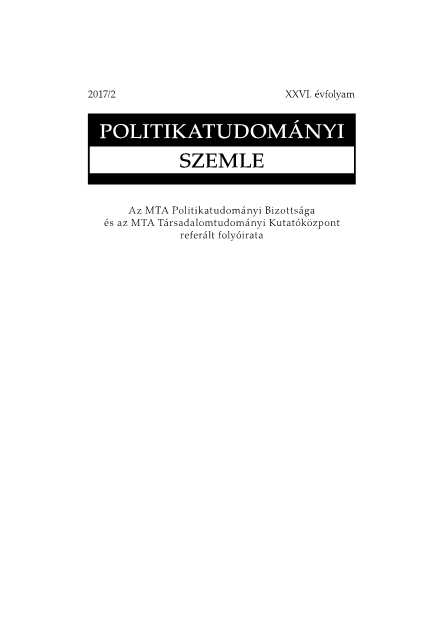The Organizational Spaces of Ministerial Reorganization in Poland
Although government institutions are an important and well-studied part of thetransition literature on Central and Eastern Europe (CEE), there has been little theorizationof the spaces of public administration in this region. This constitutes amissed opportunity for scholars of the region interested in the “spatial turn” of thesocial sciences. Tor Hernes’ (2004) concepts of the spatial characteristics of organizationscan serve as a useful tool in examining the effect of external political forceson the internal dynamics of public administration in CEE and other regional contexts.Using the recent merger of two Polish ministries in 2013 as a case study, it isshown that a number of distinct, yet overlapping and intersecting spaces werebrought to the forefront by political pressures. Incorporating spatial concerns withinthe analysis of public administration will arguably improve the understanding ofthis complex phenomenon in the context of a changing political environment.
More...
